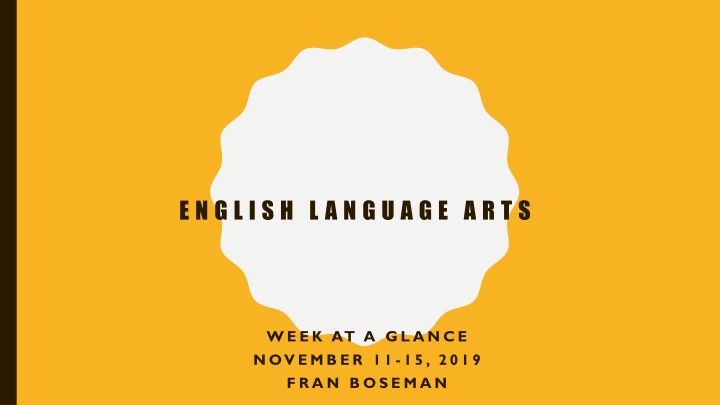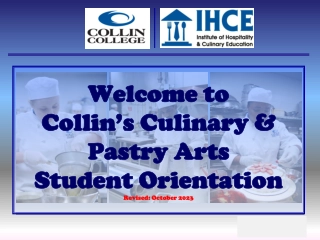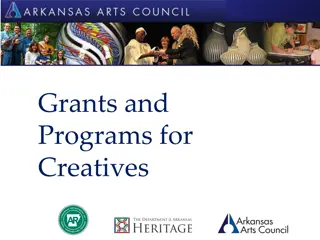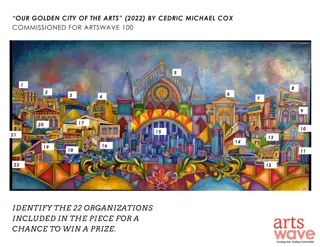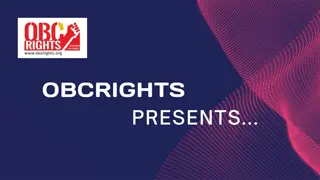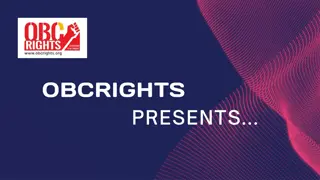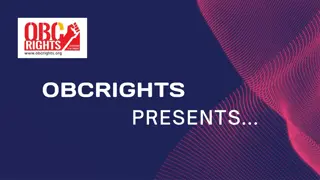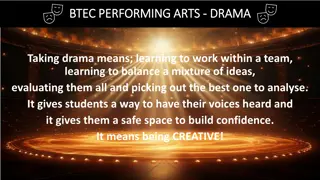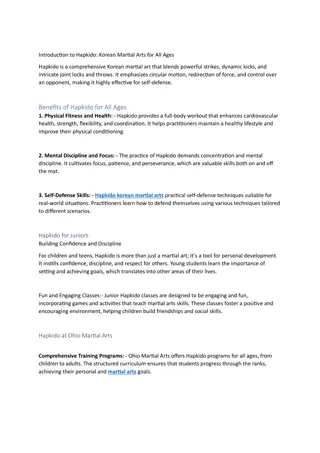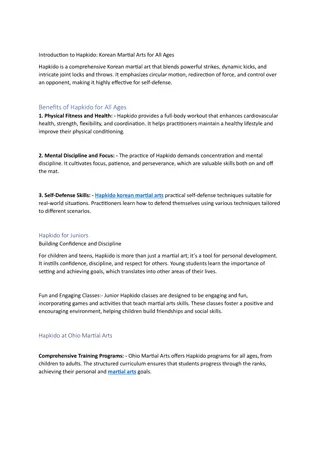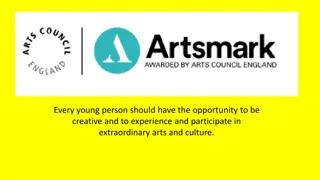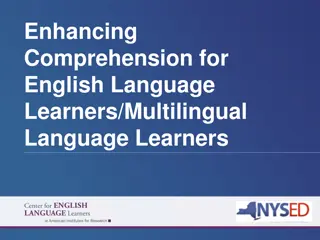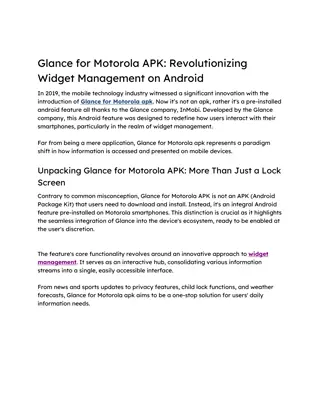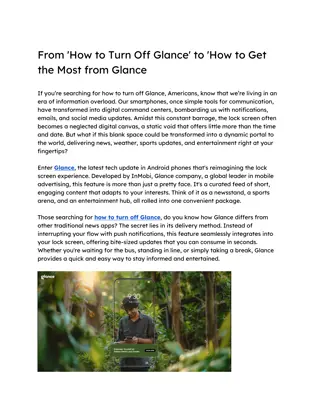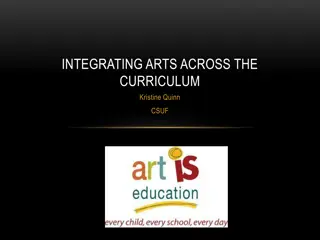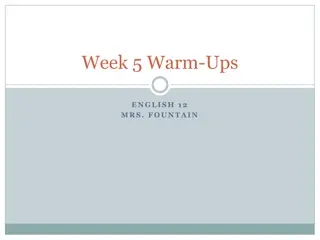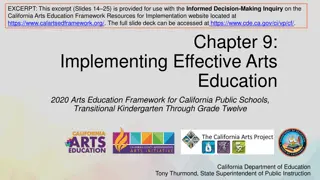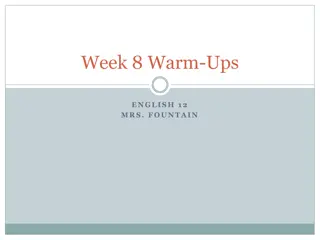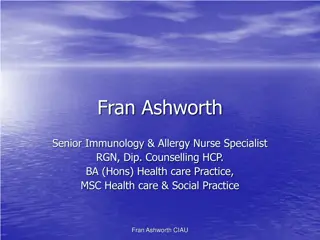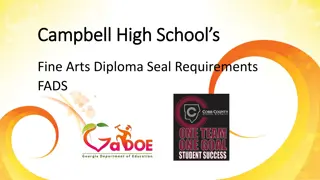English Language Arts Week at a Glance: November 11-15, 2019 with Fran Boseman
Standards covered during English Language Arts Week include citing textual evidence, determining central ideas, analyzing text structure, understanding author's point of view, and writing informative/explanatory texts. Instructional activities involve daily vocabulary warm-up, reading selections from "Narrative of the Life of Frederick Douglass," and completing assigned readings in "To Kill a Mockingbird" with guided questions. Vocabulary word study focuses on expanding literary vocabulary with definitions and examples provided.
Download Presentation

Please find below an Image/Link to download the presentation.
The content on the website is provided AS IS for your information and personal use only. It may not be sold, licensed, or shared on other websites without obtaining consent from the author.If you encounter any issues during the download, it is possible that the publisher has removed the file from their server.
You are allowed to download the files provided on this website for personal or commercial use, subject to the condition that they are used lawfully. All files are the property of their respective owners.
The content on the website is provided AS IS for your information and personal use only. It may not be sold, licensed, or shared on other websites without obtaining consent from the author.
E N D
Presentation Transcript
E N G L I S H L A N G U A G E A R T S WEEK AT A GLANCE NOVEMBER 11 -15, 2019 FRAN BOSEMAN
STANDARDS ELAGSE8RI1: Cite the textual evidence that most strongly supports an analysis of what the text says explicitly as well as inferences drawn from the text. ELAGSE8RI2: Determine a central idea of a text and analyze its development over the course of the text, including its relationship to supporting ideas; provide an objective summary of the text. ELAGSE8RI5: Analyze in detail the structure of a specific paragraph in a text, including the role of particular sentences in developing and refining a key concept. ELAGSE8RI6: Determine an author s point of view or purpose in a text and analyze how the author acknowledges and responds to conflicting evidence or viewpoints. ELAGSE8W2: Write informative/explanatory texts to examine a topic and convey ideas, concepts, and information through the selection, organization, and analysis of relevant content. ELAGSE8RI4: Determine the meaning of words and phrases as they are used in a text, including figurative, connotative, and technical meanings; analyze the impact of specific word choices on meaning and tone, including analogies
INSTRUCTIONAL ACTIVITIES Daily Vocabulary Warm-Up (Who s on the Hot Seat? activity) Informational Text Selections: 1. from Narrative of the Life of Frederick Douglass, an American Slave 2. My Friend Douglass (Close Reading/with annotations) Independent reading assigned in class novel To Kill a Mockingbird (Chapters 6-7) with guided reading questions Vocabulary Word Study Constructed Response Writing Completion of I-Ready Reading Growth Monitor
VOCABULARY WORD STUDY EXPANDING VOCABULARY LITERARY VOCABULARY Depravity moral corruption Commenced to begin Prudence wise handling of practical matters Unabated maintaining force Denunciation a public statement criticizing something or someone as bad or wrong Vindication proof that a claim is correct Chattel a slave Apprehension fear that something bad is going to happen Urchin a playful mischievous youngster Informational Text Central Idea Textual Evidence Autobiography Biography Tone Text Structure Author s purpose
